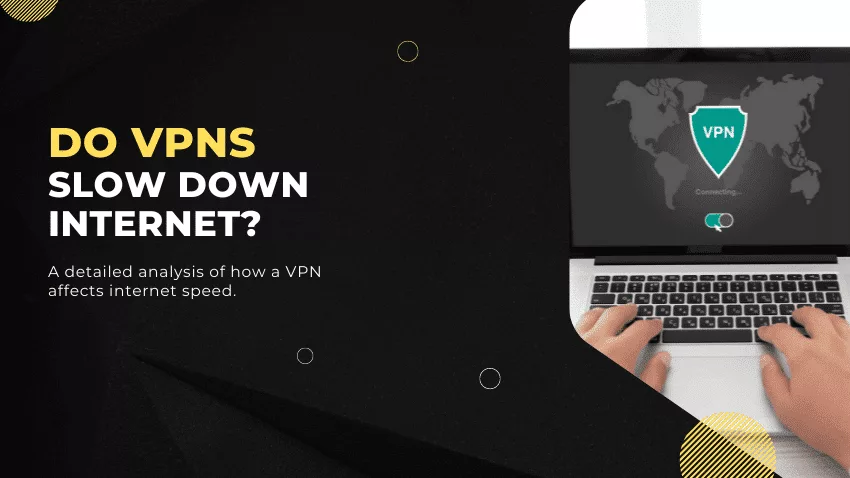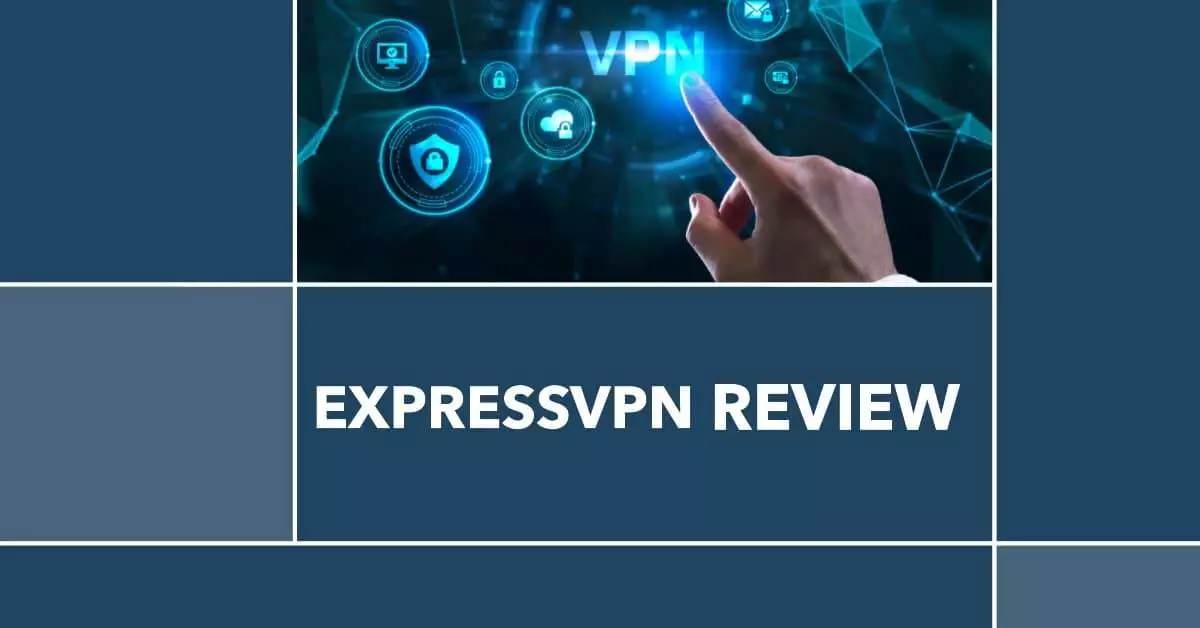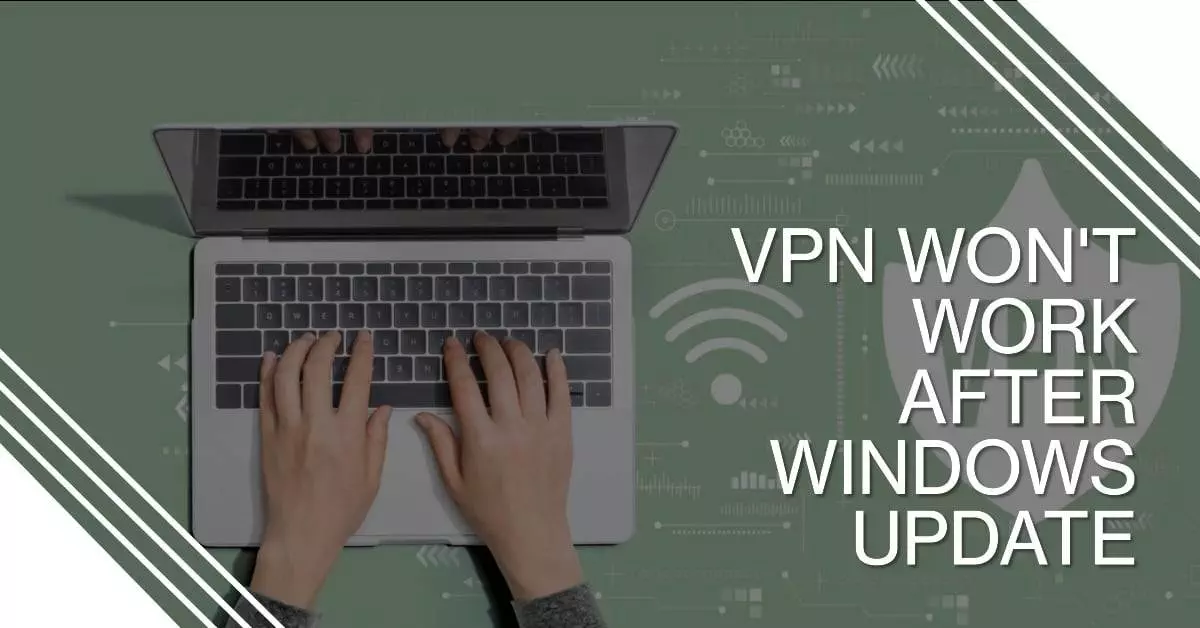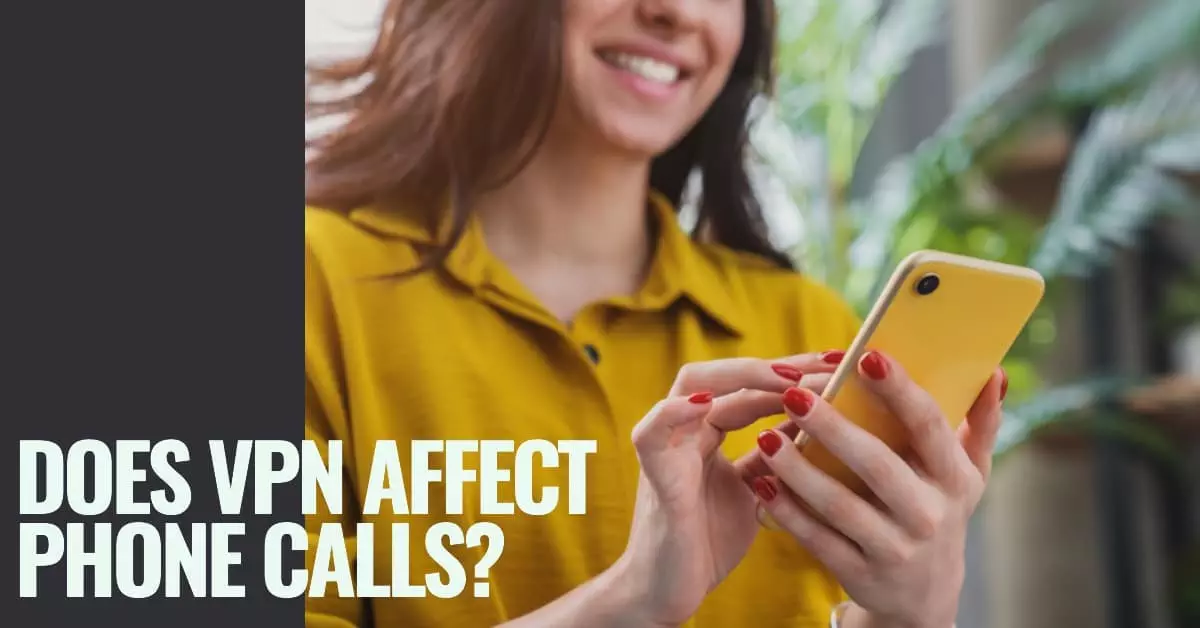If you’ve recently started using a VPN, you may have noticed that your internet speed seems to be slower than usual. This can be frustrating, especially if you’re used to getting high speeds.
But is this really the fault of the VPN, or is something else going on? In this blog post, we’ll take a look at how VPNs can affect your internet speed and answer the question – do VPNs slow down internet?
The quick answer is yes, VPNs can slow down your internet speed because of the extra work that’s involved in encrypting and decrypting your data.
If you’d like to find out more about how VPNs can affect your internet speed and what you can do to minimize the impact, read on. That’s exactly what we’ll be covering in this blog post!
VPNs: A Quick Overview and Why You Should Use One
In today’s increasingly connected world, online privacy and security are more important than ever.
With so much of our lives taking place online, it’s vital that we take steps to protect our personal data from ending up in the wrong hands. Because if that were to happen, it could have serious consequences.
Identity theft, for example, is a very real danger that can have a lasting impact on your life for many years to come.
And that’s where VPNs come in. A VPN, or virtual private network, is a tool that can help to keep your data safe and secure by encrypting your internet connection.
When you use a VPN, all the data that is sent between your device and the internet is routed through an encrypted tunnel, making it difficult for anyone to eavesdrop on your activities, whether that be your ISP, the government, or opportunist online thieves.
A VPN can also help to prevent your ISP from snooping in on your online activities, allowing you to browse the web, download files, and stream away to your heart’s content.
Finally, a VPN can provide a layer of protection against government surveillance, meaning a VPN is an essential tool for anyone who truly values online privacy and security.
Can a VPN slow my internet connection speed?
VPNs can indeed slow down your internet connection because the process of encrypting your traffic takes longer than when you don’t use a VPN. Your device sends data to the VPN server, which then encrypts it before sending it on to its final destination.
This back-and-forth can take a toll on your connection speed, especially if you’re using a low-quality VPN service or connecting to a server that is located far from your location.
Fortunately, there are ways to minimize the impact a VPN will have on your browsing speeds including connecting the fastest server available, avoiding congested servers, and using a high-quality VPN service.
While it’s true that VPNs can slow down your internet connection, it doesn’t have to be a major problem. By taking the steps outlined above, you can ensure that your browsing experience is as fast and smooth as possible.
Can a VPN make your internet faster?
More often than not, a VPN will slow down your internet connection for the reasons we’ve discussed. But in some cases, it could actually speed up your connection.
If you’re using a VPN to bypass internet throttling by your ISP, for example, then you may find that your speeds improve when you connect to a server located closer to your location. This will enable you to avoid any potential bottlenecks in your connection.
Another way in which a VPN can increase your internet speed is by helping you avoid peering agreements – arrangements between two internet service providers (ISPs) to exchange traffic.
These agreements often involve exchanging traffic at specific points, which can often lead to slower speeds for users. By using a VPN, you can route your traffic around these peering points, which can help to improve your speed.
What are the best ways to minimize the impact of a VPN on internet connection speed?
If you’re concerned about the impact a VPN might have on your internet connection speed, there are a few things you can do to minimize the potential for a slowdown. Here are some useful tips:
- Make sure you have a good base connection speed. If your internet connection is already slow, adding a VPN is only going to make things worse.
- Choose your server wisely. Some VPNs have servers located all over the world, while others only have a handful of options. The closer the server is to your location, the faster your connection will be.
- Select a high-quality VPN service. Not all VPNs are created equal – some are more reliable than others. Do your research to find a reputable VPN service that will meet your needs.
Concluding Thoughts: Do VPNs Slow Down Internet?
VPNs can be a great way to boost your online privacy and security, but as you’ll now be aware, they can also slow down your internet connection most of the time.
That being said, it’s not all doom and gloom – by taking the steps we’ve outlined in this article, you can ensure that your browsing experience is as fast and smooth as possible. And in some cases, a VPN might even make your internet connection faster!
Either way, if you’re looking for increased privacy and don’t mind taking a bit of a hit on your connection speed, then a high-quality VPN like Surfshark, NordVPN, or ExpressVPN is definitely worth considering investing in!
FAQs
What affects internet speed?
There are a variety of factors that can affect your internet speed, including:
The type of internet connection you have, the strength of your signal, how many devices are connected to your network, and what type of device you’re using.
What affects the speed of a VPN?
The speed of a VPN connection depends on several factors, including the distance between the VPN server and the user, the capabilities of the user’s Internet connection, and the number of users connected to the server.
Will a VPN stop buffering?
Since VPNs have to encrypt and decrypt data, they can sometimes add a bit of latency to your connection, potentially causing issues with video streaming, gaming, and VoIP applications. However, using a VPN can sometimes actually help to improve the quality of your connection by reducing buffering and other issues.
Which VPN protocol is the fastest?
OpenVPN and IKEv2 are thought to be the fastest VPN protocols, so it’s worth looking for a VPN that uses one of these protocols. However, it’s also important to consider other factors, such as security and compatibility, when choosing a VPN protocol.
How do I find the fastest VPN server?
Many VPNs include a function that allows you to automatically connect to the fastest server in your area. If your VPN doesn’t have this feature, you can try connecting to different servers to find the one with the best speed.
How to check your VPN speed
You can use a tool like Speedtest.net to measure the connection speed of different VPN servers. Keep in mind that your results may be affected by other factors, such as the strength of your internet connection and the number of devices connected to your network.
Which country has the fastest connection?
A good VPN will come with a large selection of server locations to choose from. However, the country with the fastest connection is not always the best choice. You should also consider factors such as security and privacy when choosing a VPN server location.
Will a free VPN slow down your connection?
Yes, free VPNs often do slow down your connection. This is because they generally have fewer servers and lower speeds than paid VPNs. If you’re looking for a fast VPN, it’s worth paying for a premium service.
Do VPNs work with all devices?
Most VPNs will work with all popular devices, including Windows, Mac, iOS, Android, and Linux. However, some VPNs may not be compatible with certain devices or operating systems. It’s always a good idea to check the compatibility of your VPN before you sign up.
What is a good speed for the internet?
That all depends on what you’re doing! Certain tasks such as streaming and downloading large files are going to require a higher speed than others. In general, anything above 25 Mbps is considered to be a good speed for the internet.




Leave a Reply